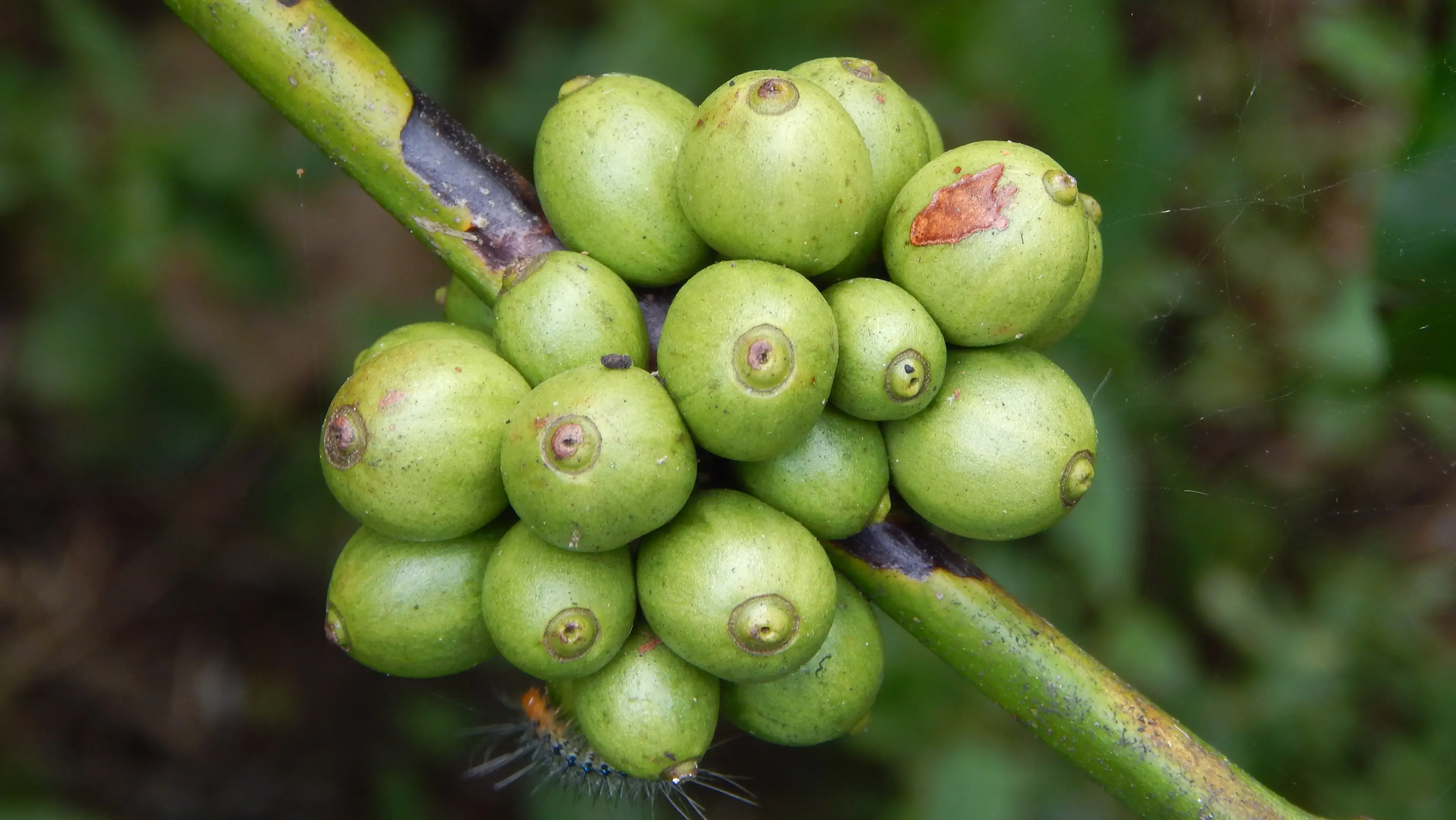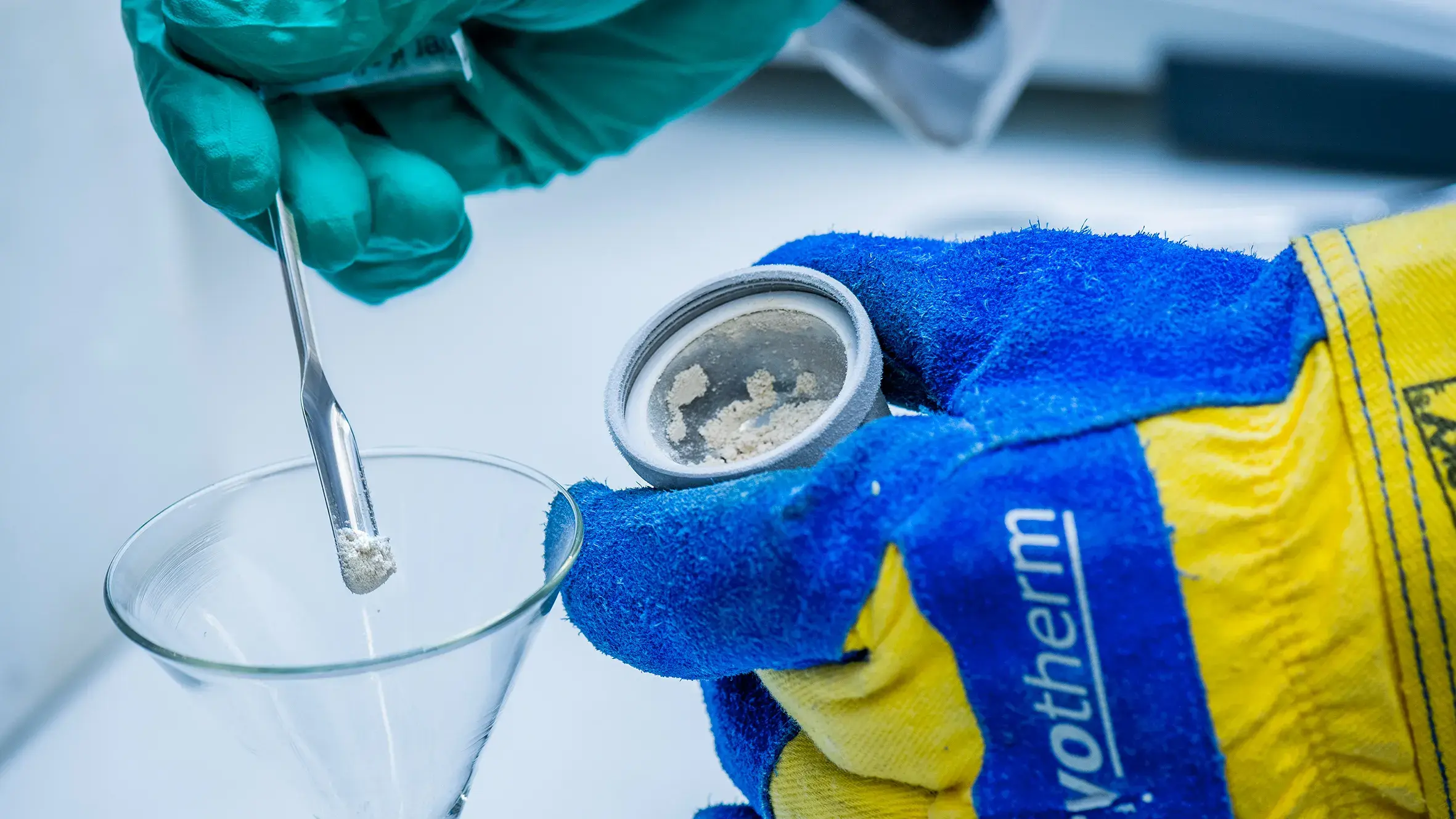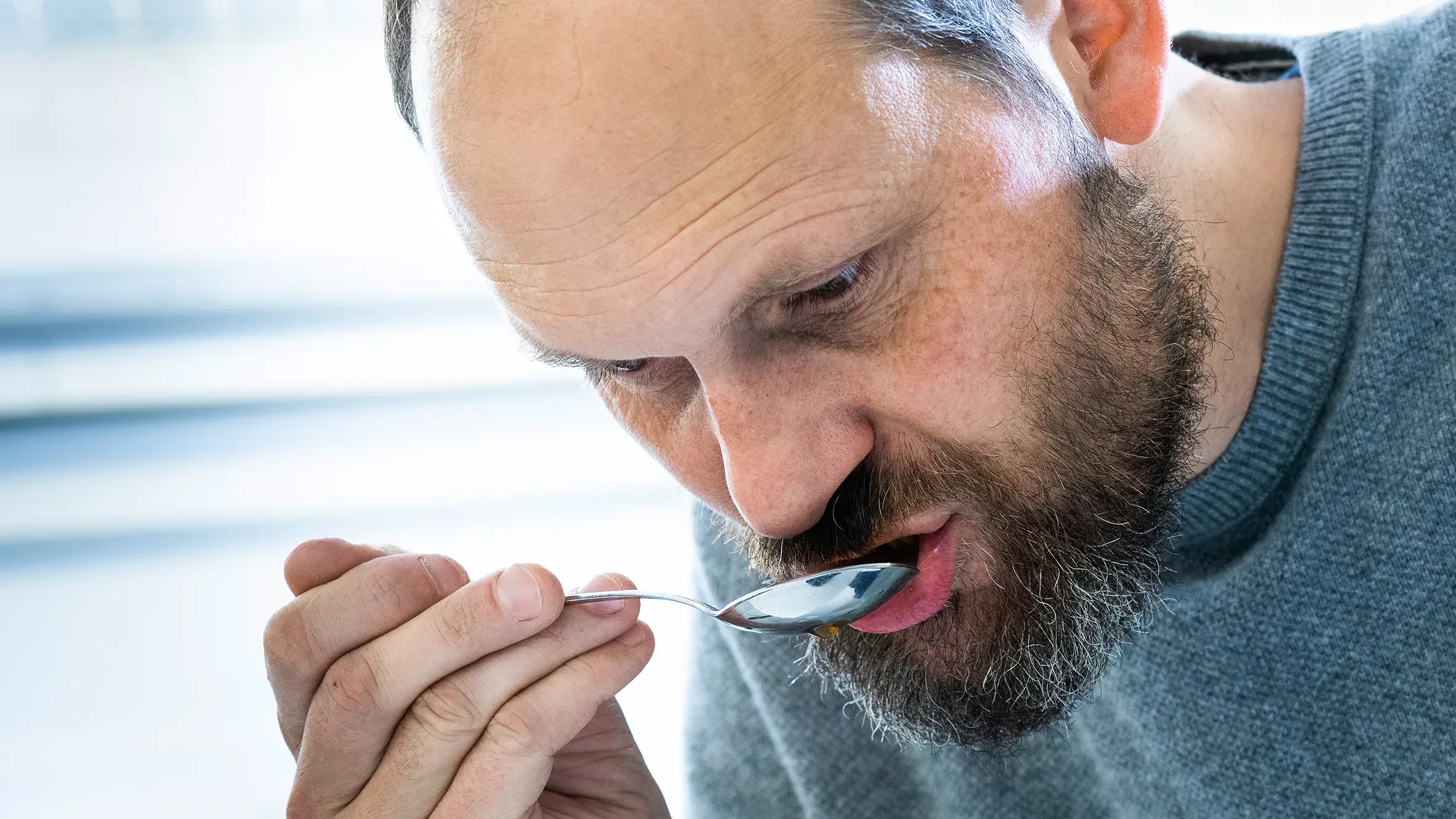Research Field Green Coffee
Cultivation practices and post-processing methods of green coffee, analytical chemistry of volatile and non-volatile compounds in green and roasted coffee
Lead: Dr. Sebastian Opitz
We are experiencing exciting times as the flavour universe of coffee continues to expand. Not only are coffee producers experimenting with increasingly sophisticated post-harvest processing protocols, new coffee species are also being explored and introduced to market.
These two trends open up numerous opportunities to study how changes in the composition of green coffee affect the flavour formation and cup characteristics of coffee, either due to genetic factors, or through microbial transformation of green coffee in highly fermented beans.
Research Focus
The team around Dr. Opitz’s researches with a strong focus on green coffee quality. We use a wide variety of validated methods to answer the following questions related to green coffee composition, namely:
- How do physical parameters such as density and the chemical composition differ in coffee species or change in dependance of terroir, cultivation practices and post-harvest processing protocols?
- How do differences in green coffee composition transfer to roasted coffee and cup quality?
Reference Projects
Impact of drying methods on the shelf live
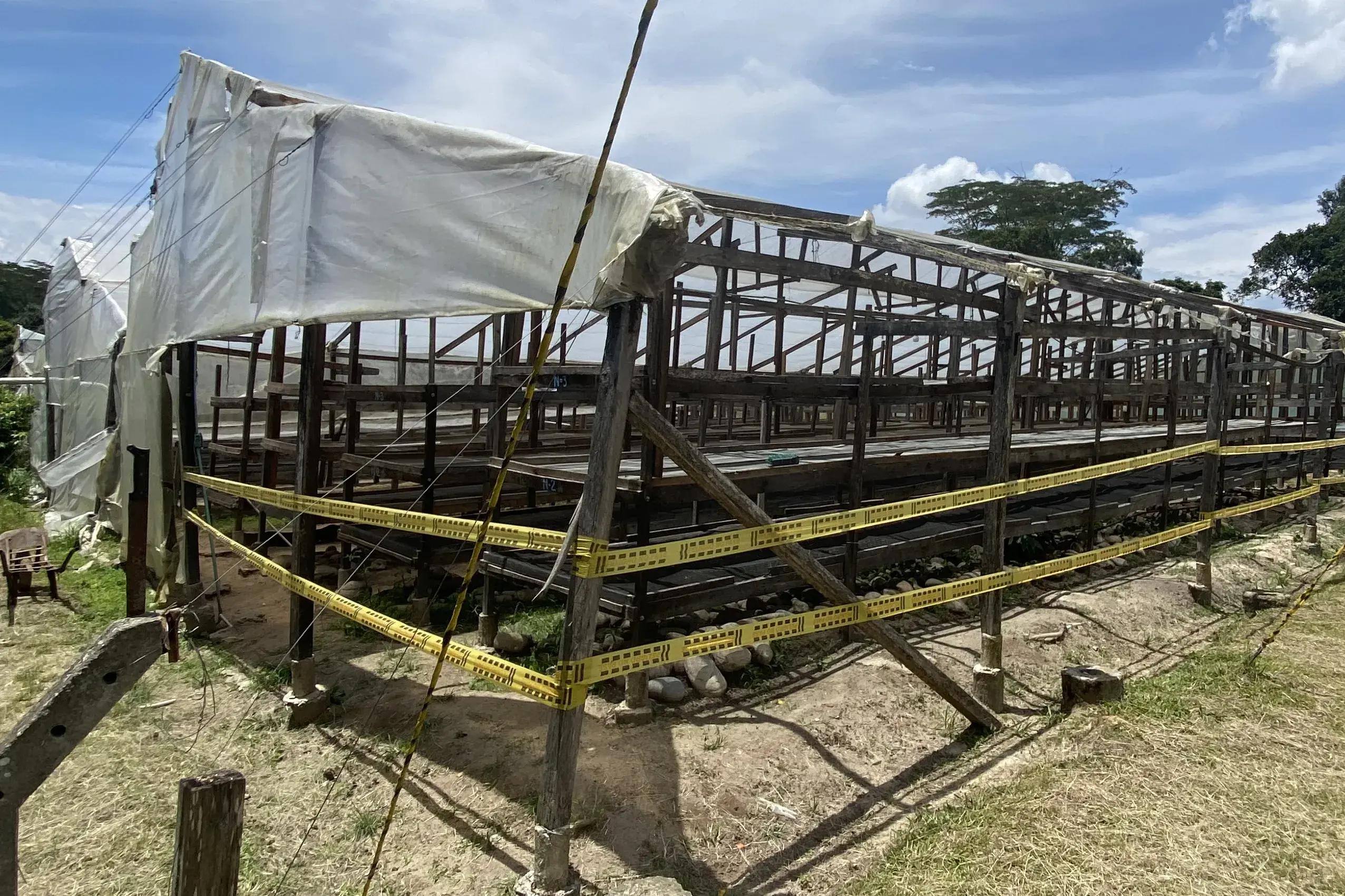
Project Name: Impact of four different drying methods on the shelf life of green coffee from Colombia
Project Partner(s): Sucafina SA
Project status: ongoing
Natural drying methods on raised bed and patio take long time to dry coffee while preserving the intrinsic quality of a coffee. In comparison, Silo drier and other mechanical driers aim at increasing drying capacity through constantly higher temperatures during the drying process. We compare four methods with coffee from one farm to investigate how the drying process impacts the chemical composition of the green coffee, as well as the quality of the coffee during two years of storage.
Dr. Sebastian Opitz "The Impact of Drying on Green Coffee". Short Lecture at Connect & Learn at World of Coffee Copenhagen in June, 2024. See presentation slides here(PDF 3,0 MB).
Fermentation Protocol for Specialty Coffee
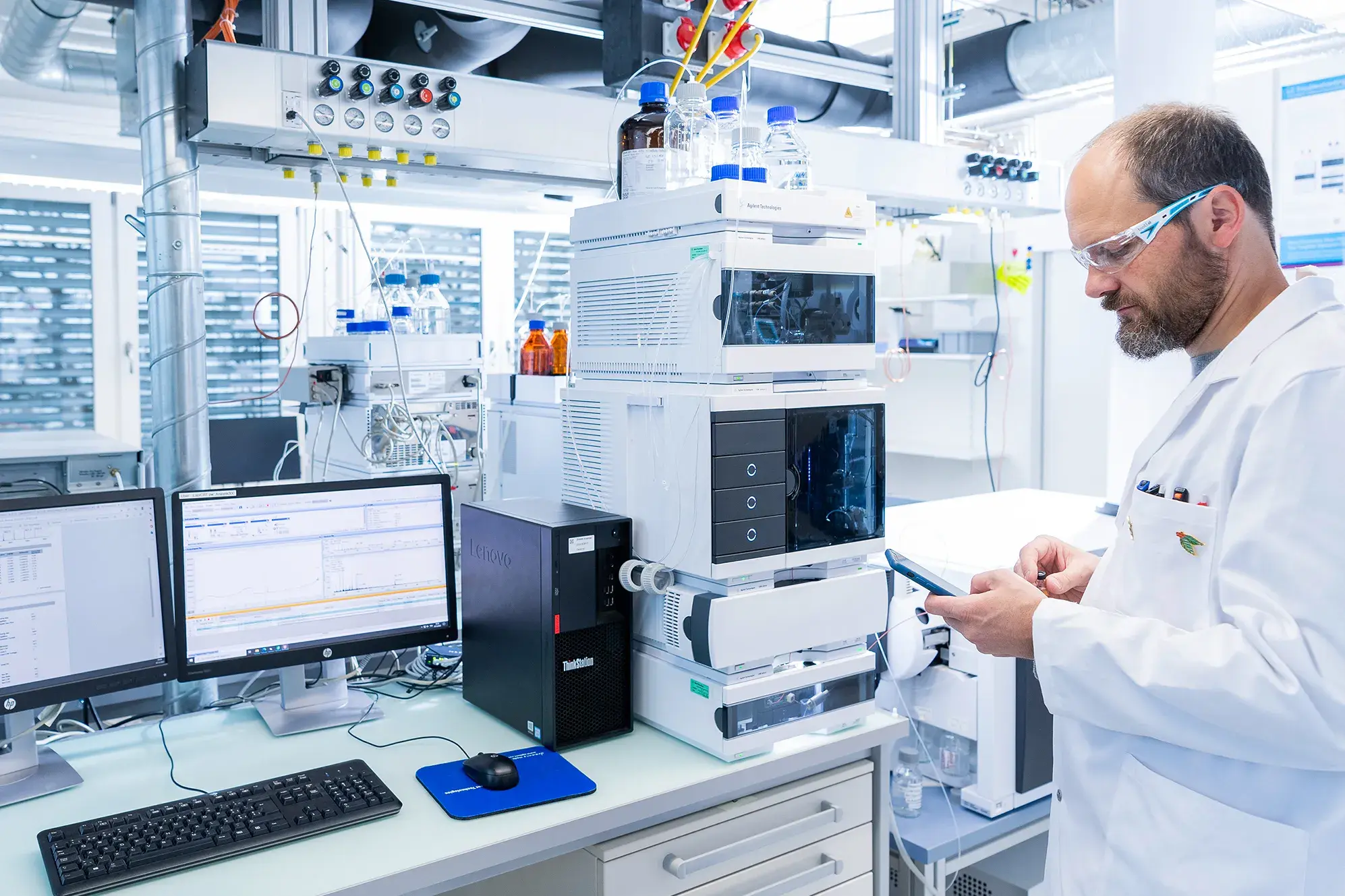
Project name: Research and development of a fermentation protocol for the production of specialty coffee in the department of Huila, Colombia.
Project Partner(s): Universidad Surcolombiana, Neiva, Huila, Colombia
Project status: ongoing
Study of fermentation time, temperature and atmosphere and how the parameters impact on coffee quality of three Colombian cultivars.
Research Methods
In the research field of Green Coffee, we use targeted and untargeted methods to analyze a broad range of compounds in coffee.
Untargeted analysis:
- Protein content
- Fat content
- Titratable acidity
- Lipid content
Targeted analysis:
- Free amino acids
- Sugar oligomers
- Organic acids
- Lipid classes and free fatty acids
- Volatiles in green coffee
- Analyses of roasted coffee, e.g. to link aroma formation with green coffee composition
Articles, Reports and other contributions
- Dr. Sebastian Opitz "Canephora vs. Arabica: Impact of species on flavour and taste". Lecture and Workshop at Canephorum, October 2023. See presentation slides here(PDF 6,8 MB).
- Dr. Sebastian Opitz "Expanding the flavour space of coffee: Impact of Species, Processing and Roasting", presentation at ASIC Association for Science and Information on Coffee, Hanoi, September 2023. Watch the recording of his lecture here.
- Dr. Sebastian Opitz "Potential of wild coffee species". Presentation at European Sensory Summit 2022 with Aaron Davis, Kew Gardens. In this project, the impact of roasting, species and processing on aroma formation in five different coffee species was studied by Dr. Opitz. Species specific compounds as well as process derived compounds are drastically impacting on the aroma composition as well as different levels of precursors are impacting on the aroma formation in these coffees. See presentation slides here(PDF 2,3 MB).
Do you want to learn more?
Contact Dr. Sebastian Opitz if you have further questions, would like to start a research project or if you would like to learn more about the research field "Green Coffee".
